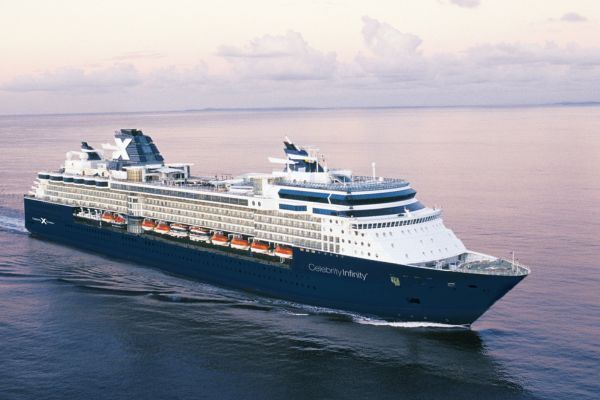Why website speed is vital for a good user experience
Andy Headington, chief executive of digital marketing agency Adido, explains the importance of a speedy website in today’s competitive marketplace
While some demand for holidays is slowly trickling in, it is essential to review your marketing activity to ensure that every customer touch point is working as efficiently as possible to secure the maximum amount of bookings as demand bounces back.
When it comes to digital, there is nothing more frustrating than a poor web experience for a consumer. Getting it wrong can lead to bookings being made elsewhere and cause revenues to drop. Just a one-second delay in page speed can lead to a 7% drop in conversions.
Prioritise user experience
Long gone are the days of internet dial- up and waiting patiently for web pages to load. In the busy world we live in, potential customers are often time-poor, have high demands and low tolerance thresholds for confusing or slow user experiences (UX).
Just a few seconds’ extra loading per page adds dissatisfaction to a booking experience and reduces website loyalty by more than half.
Many travel companies across the UK are spending time and money to attractcustomers to their websites and apps. Competition will be hotting up.
Making your website slick, fast and easy to use can be a real competitive advantage, especially during this ever-changing period when every booking counts.
Getting an outside opinion regarding your website from a customer’s perspective is tricky. But you can ask yourself these questions:
• Is it easy to navigate and find what I am looking for?
• Do the pages load instantly?
• Is the site fully responsive on mobile devices?
• If I need help, is it readily available?
• If you’re an online travel agency, how complicated is it for clients to actually complete a booking?
• If you’re an independent or high street agent, how easy is it for customers to find your contact details to arrange an appointment?
Room for improvement
As specialists in digital marketing for the travel and tourism industry, we’ve spent a lot of time researching travel websites and looking at the best ways to improve them.
Using the Google PageSpeed Insight tool, we recently reviewed more than 200 websites of the top travel agencies and travel companies across the UK.
We found a massive amount of disparity among the websites, which scored from a disappointing three out of 100 to a respectable top score of 61 out of 100 on desktop.
We also uncovered that mobile page experiences are often very poor, an issue which needs addressing since more than half of global website traffic has originated from mobile devices so far in 2020.
Getting pages to load fast while on the move and on small screens is vital to success for travel companies, both now and in the future.
Not Just Travel’s story
In early 2018 national travel franchise business Not Just Travel approached the Adido team with an unusual set
of objectives.
They were experiencing numerous challenges with trying to duplicate franchisee’s microsites using customised Wordpress set-ups.
With only a couple of microsites this would not pose a potential issue. However, Not Just Travel had more than 300 franchisees at the time, with the number continuing to increase every week. With every new microsite
going live, every other website was increasingly impacted as well. Page speed was slow, UX was poor and it had a big effect on the business.
We rebuilt the whole infrastructure from the ground up, focusing on ease of use for both the end user as well as the Not Just Travel team so the whole website worked faster and smoother.
As part of the process we were able to optimise all aspects of the website to reduce load speeds by 60% and make the first parts of the website load nearly 90% faster.
The net result saw page views increase by more than 600% and time on the website go up by 15%. This work was recognised by The Travel Marketing Awards for its technical expertise and user experience.
Making a change
Improving the speed and usability of your website is not only critical for your customers, but also your biggest website traffic driver, Google.
Although some of our recommendations (see box, below) might sound extremely technical, it may be that with a few tweaks you can make a massive improvement to your site, and it will be worth every penny of your investment.
With competition stronger than ever, make sure you’re maximising one of your strongest marketing tools – your website – and capitalising on demand as the “new normal” settles into place.
Top scores
Travel sites that attained higher scores with the Google PageSpeed Insight tool were generally successful because:
Load factor: They had pages loaded onto the screen quickly (high “contentful paint” scores).
Minimal moves: They had pages that didn’t move around when they loaded (“cumulative layout shift”).
Taking turns: They avoided excessive change on the page when it loaded up, such as with cookie panels, email sign-ups, call-back buttons and banners all trying to load at the same time.
Size matters: The largest items on the page loaded faster than the average (“largest contentful paint”).
Cracking the code: They optimised the page loading by using some advanced coding features such
as loading images when the user scrolled, rather than the whole page in one go. This was potentially achieved by identifying scroll patterns on the page and then building loading elements when required, not as default.

















